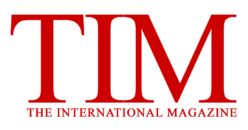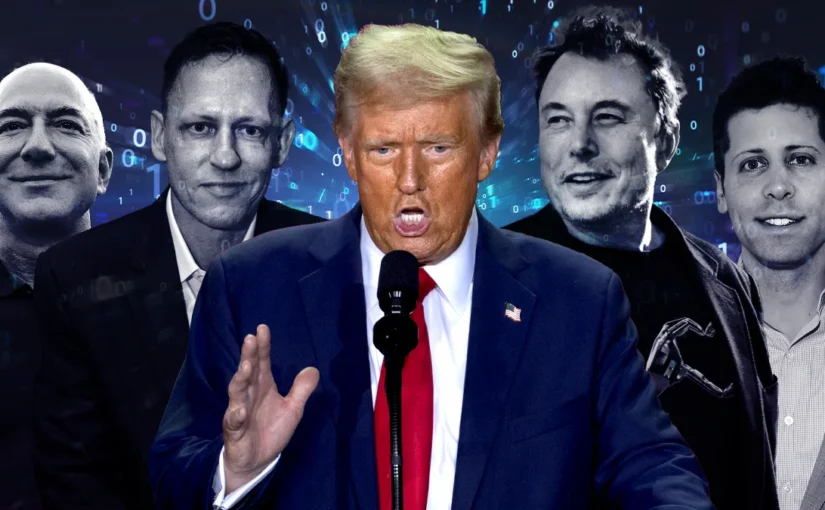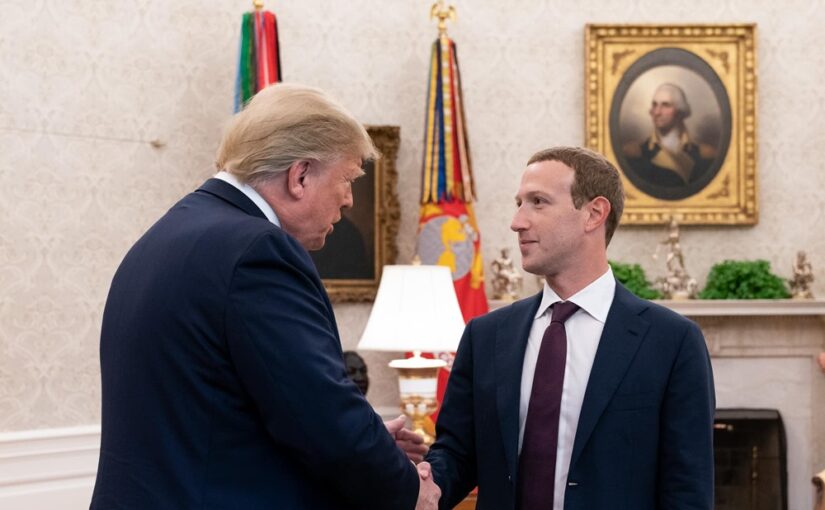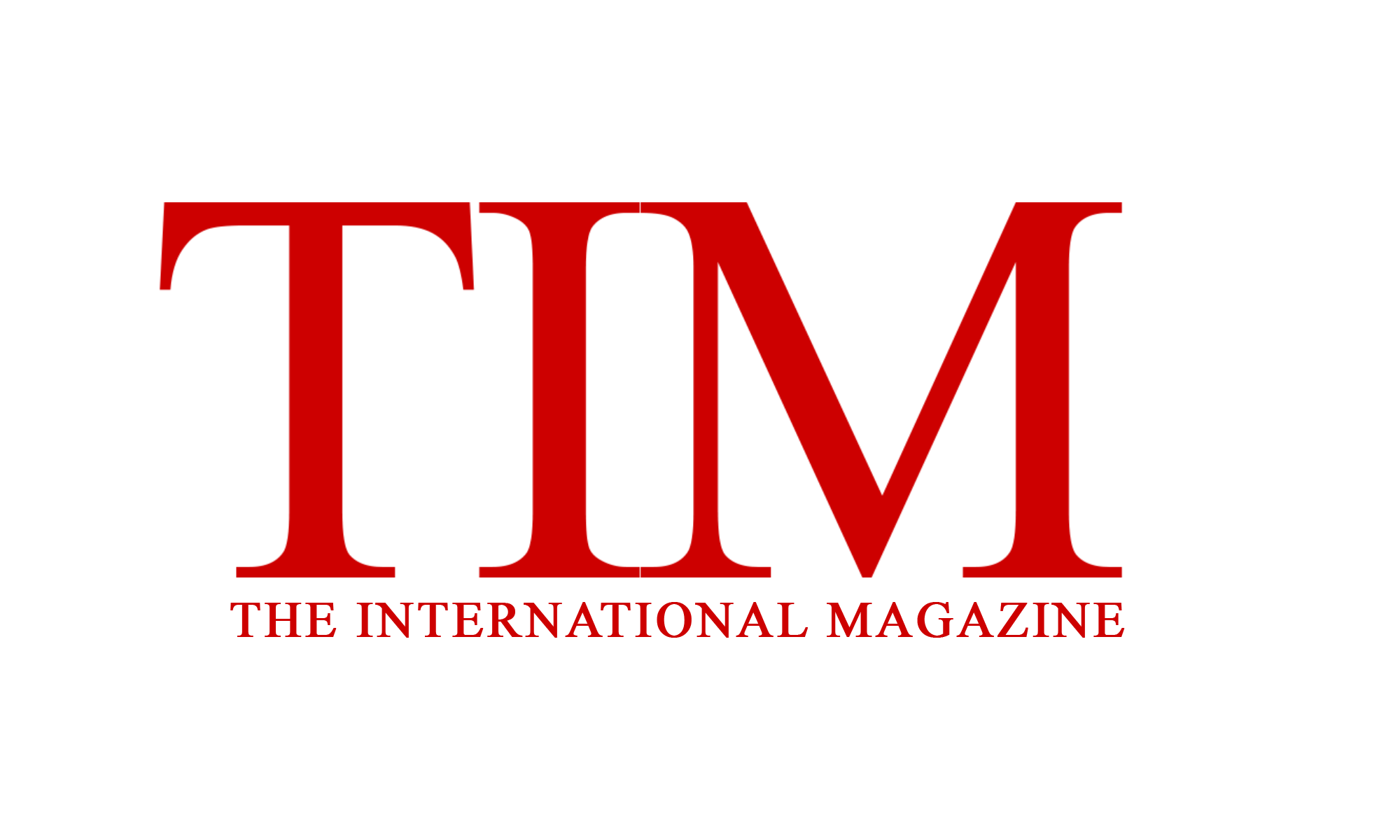Silicon Valley Defense Tech Anticipates Trump Administration Policies
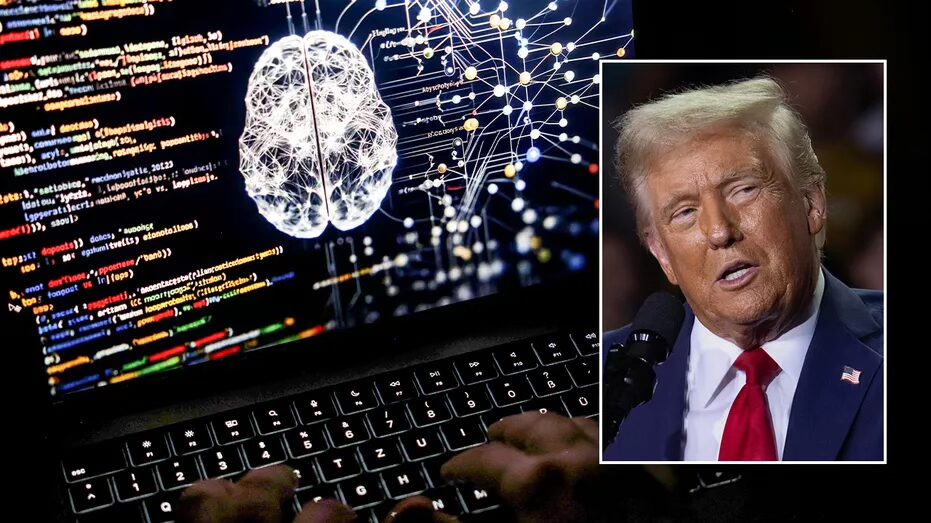
As the 2024 U.S. presidential election comes to a close, Silicon Valley’s defense technology sector is bracing for potential policy shifts under Donald Trump’s leadership. Known for his emphasis on bolstering American military strength during his first term, Trump’s return to office has reignited speculation about how his administration will impact the defense-tech ecosystem, which blends innovation with national security priorities.
A Growing Alliance Between Tech and Defense
In recent years, the convergence of Silicon Valley’s advanced technologies with defense initiatives has become increasingly crucial. Startups and established tech firms alike are contributing to the development of cutting-edge systems, including artificial intelligence (AI)-powered surveillance, autonomous drones, and advanced cybersecurity platforms. Trump’s prior term saw significant efforts to integrate private-sector innovation into the Department of Defense’s operations through programs like the Defense Innovation Unit (DIU).
Now, defense-tech leaders are anticipating whether Trump will double down on these partnerships or introduce new strategies. Many executives are hopeful for a streamlined approval process for defense contracts and increased investment in emerging technologies like hypersonics and quantum computing.
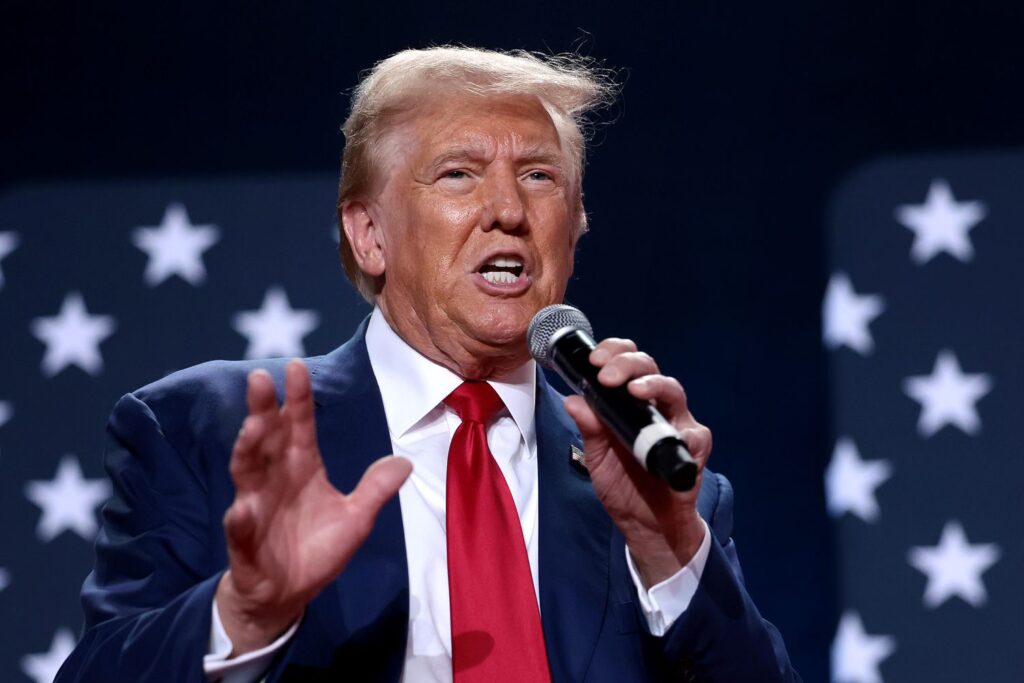
The Race Against Global Competitors
Trump’s rhetoric during his campaign emphasized the need for the U.S. to maintain technological superiority over global competitors, particularly China. This has resonated with many in Silicon Valley, who are acutely aware of the international race for dominance in AI, semiconductor technology, and space exploration.
“We can’t afford to fall behind in critical tech areas,” said a senior executive at a prominent AI-defense startup. “We’re optimistic that the new administration will prioritize these investments.”
Challenges Ahead
However, challenges remain. Trump’s previous trade policies and strained relationships with international allies could complicate global supply chains, impacting tech manufacturing and innovation pipelines. Additionally, some in the Valley worry about the potential for regulatory hurdles that could stifle progress.
On the other hand, others welcome the possibility of clearer guidance on export controls and intellectual property protections, which have been contentious issues for the tech industry.
What’s Next?
The defense-tech sector isn’t waiting idly for Trump to announce his priorities. Companies are already positioning themselves for potential shifts in government funding and policy direction. Venture capitalists are also keeping a close eye on opportunities to invest in startups that align with anticipated national security objectives.
As the Trump administration prepares to take office in January 2025, Silicon Valley is gearing up for what could be a transformative period in the defense-tech landscape. For many in the industry, it’s not just about adapting to policy changes but staying ahead of them.
